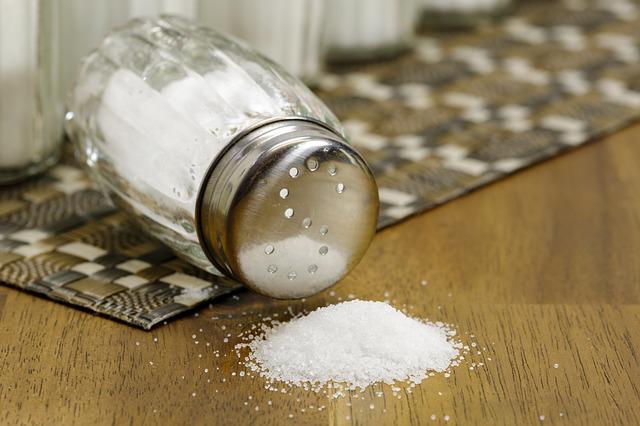Right from our adulthood, we have heard that cutting down on salt is healthy, and in the process, many houses even decide to start a low salt diet to avert future health complications. Interestingly, not just the senior citizens but also the young lots start consuming a plate full of food that has less salt. Perhaps because hundreds of studies have shown a connection between salt intake and heart disease, blood pressure, and kidney issues.
However, cutting back on salt might be a need of some people, but not all.
That’s because how salt affects your heart and body depends upon your genes, age, and medical condition. We are all different. Yes, if you are under 50 and your blood pressure comes in the normal range of 120/80 without any medical conditions, you have little to worry about your dietary salt intake. Besides, too little salt in your body is as harmful as too much salt in your body.
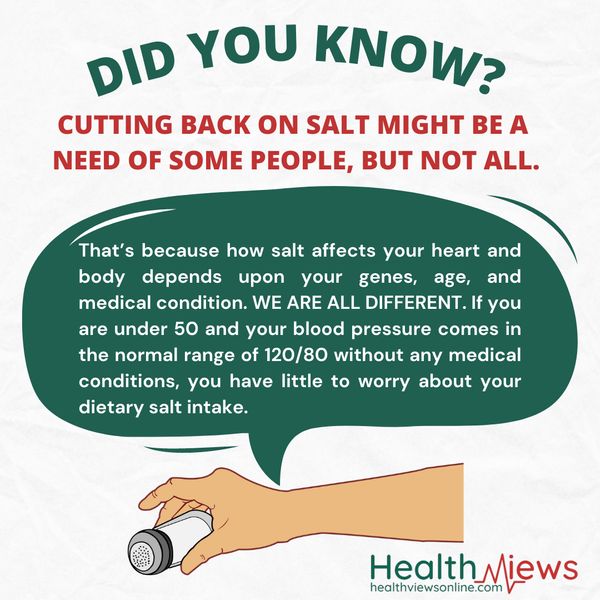
Here, we share some dangerous side effects of a low salt diet in human body
Low Blood Sodium Levels (and thus various Neurological Conditions including Memory Loss)
Have you heard people complaining about forgetting things? And the most common and sane advice is to get your sodium checked? Well, a low salt diet can lower your sodium levels, leading to a condition called hyponatremia. (Source)
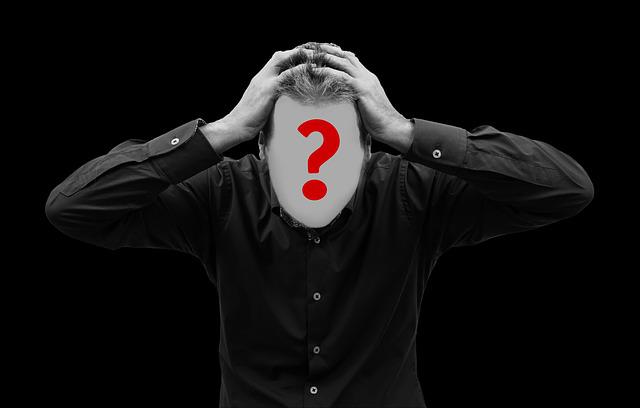
Older adults are at high risk of hyponatremia and may experience neurological problems including seizures, water on the brain, impaired mental status, and even coma. Some might experience symptoms like confusion, lethargy, and altered personality while others might face Gastrointestinal symptoms like nausea, vomiting, and appetite loss.
So, if your preventive healthcare check-up or blood tests show low sodium levels, the immediate action is to consult your doctor.
Also Read: Facts About Anxiety and Anxiety Disorders You Probably Didn’t Know!
Low Salt Diet Can Elevate your Cholesterol (which can increase the risk of heart disease)
Restriction in salt has been linked to elevated triglycerides and bad cholesterol (LDL). A study in 2016 revealed how eating a reduced salt die could increase triglycerides by 6.3% and cholesterol by 2.9% in both individuals who have hypertension and those who didn’t. (Source) Now LDL and triglycerides are known to increase heart disease risk. (Source)
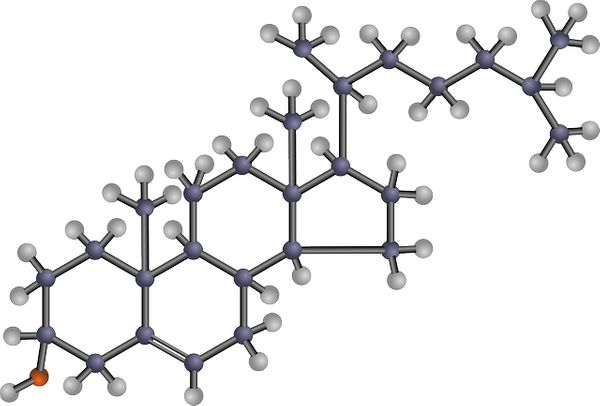
Dehydration
Sodium is known to maintain a proper fluid balance in your body. So, a low salt diet can become the cause of dehydration, which again becomes the basis of several problems including skin issues, low blood pressure, muscle cramps, higher heart rate, constipation, and confusion. In certain cases, dehydration may require immediate hospitalization. (Source)
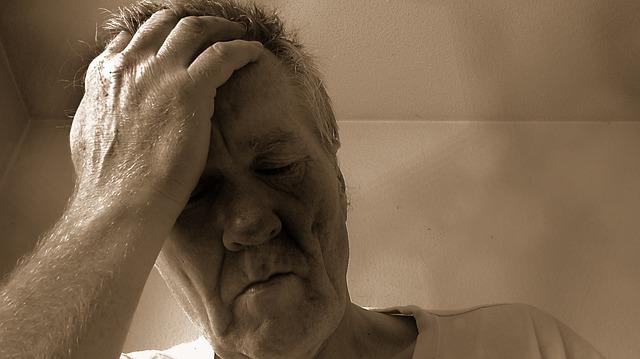
Senior Citizens are at higher risk of dehydration and therefore attention must be paid to their daily fluid intake.
Also Read: Top 5 Health Problems in Women After 40!
So, Should You Replace Regular Table Salt with Pink/Black/Rock/Himalayan Salt?
Well, we have heard how some varieties of salt have more health benefits as compared to kitchen salt since it comes with certain minerals in it that are good for your body. However, one should be cautious because the minerals found in these salts are often present in very small quantities, and in the end, whether they are pink, rock, black, sea, or Himalayan, they are still a grain of salt.
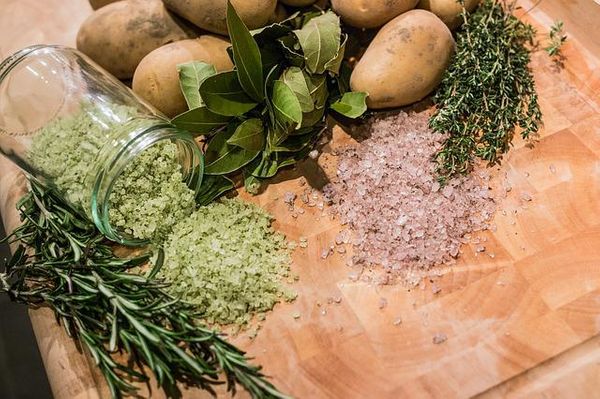
So, replacing your normal salt with these and upping your intake to get the benefits of a mineral can actually make you consume too much salt – again putting yourself at risk of several diseases. Fortunately, you can get these minerals and other nutrients from various fruits and veggies.
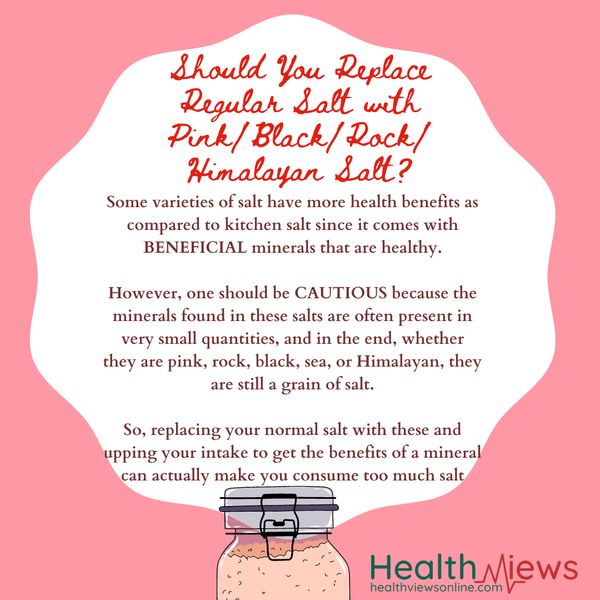
Now, if you are eager to know nutritious food that is a rich source of sodium that can help you maintain your sodium level in case of deficiency, here they are –
Best High Sodium Food to Include in Your Daily Diet
Beetroot
Spinach
Celery
Carrot
Fish and Shellfish
Fresh Fruits
Worst High Sodium Food to Exclude from your Daily Diet
Processed Food
Junk Food
Pizza (More than 1 Slice)
Canned Food
Frozen Meals
Cold Cut and Salami
Instant Pudding
Salt is vital for health and having a low salt diet isn’t necessary but cutting on high sodium not-so-healthy food is. So, if you aim to defend yourself from illnesses and live healthily, start monitoring your sodium intake, instead of cutting down the salt from your plate.


